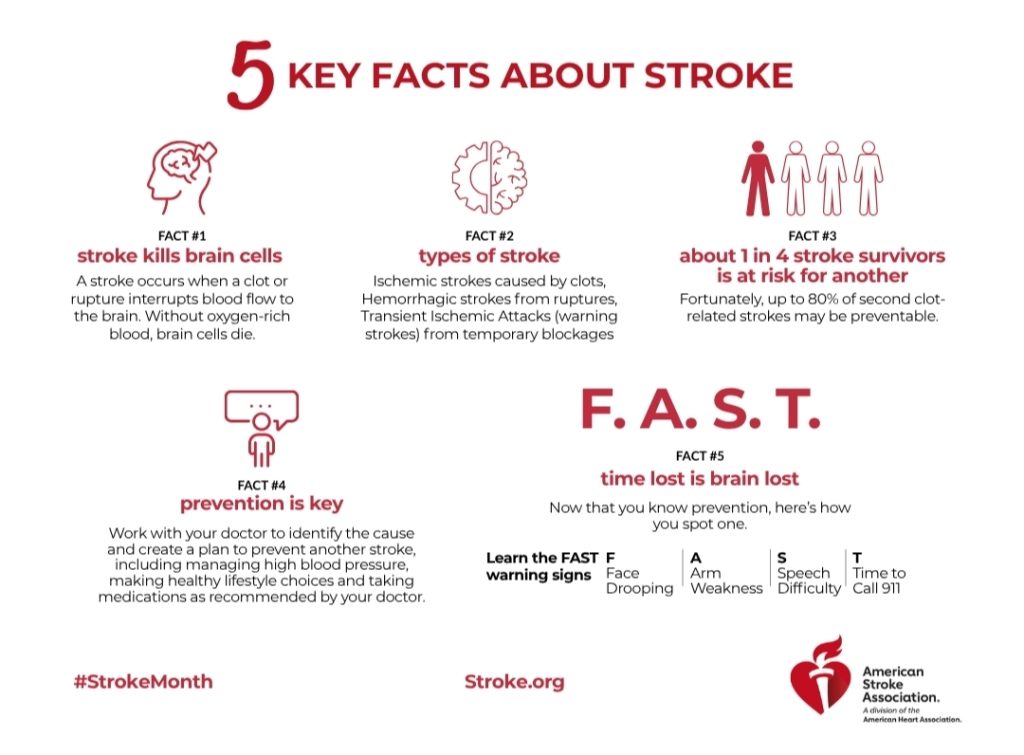When you aren’t receiving the recommended 7 hours of shut-eye each night, you may experience some odd consequences of sleep deprivation.
The state of your mental and physical health strongly correlates to the quality of your sleep.
Let’s better define sleep deprivation and describe its potential effects.
3 Unusual Impacts of Sleep Deprivation
At some point, every person experiences a restless night of tossing and turning. Defined as a lack of adequate total sleep, sleep deprivation may lead to various severe and unexpected results.
1. Sleep Deprivation Reduces Your Pain Tolerance
Reduced quantity and quality of sleep decrease your ability to tolerate pain. Recent studies identified that lack of sleep elevates sensitivity to generalized body pain, headaches, backaches, and abdominal pain.
You’re more likely to feel spontaneous aches and pains when you’re not well-rested!
2. Sleep Deprivation Increases Food Intake and Weight Gain
If you’re seeking to lose some excess pounds consider developing a healthier sleep cycle. Research demonstrates sleep deprivation is strongly correlated with consuming more food.
Reduced sleep disrupts the hormones responsible for regulating appetite and metabolism. This leads to increased food intake and eventual weight gain.
3. Sleep Deprivation in Pregnant Women May Lead to Hypertension For Their Children
Not only can ongoing inadequate sleep promote hypertension in adults, but recurrent sleep deprivation in late-term pregnant women may also lead to their children developing hypertension.
In research studies, rat offspring were more likely to have high blood pressure after the mother continually experienced sleep deprivation during late pregnancy. Hence, sleep health is even more important for expecting mothers.
How to Prevent Sleep Deprivation
Remaining proactive is key to a healthy lifestyle. Listed below are a few evidence-based recommendations for improving sleep quality.
1. Create a Healthy Sleep Routine
An evening routine triggers your body to prepare for sleep. Implement a healthy sleep routine by initiating your bedtime activities around the same time each evening.
This may include brushing your teeth at 9:00 pm before curling up in bed with the newest novel. Consider implementing healthy relaxation exercises into your nightly routine, as well. Mindful meditation enhances sleep quality by relieving stress and negative thoughts.
2. Turn Off the Electronics
Your body’s internal clock, or circadian rhythm, is highly sensitive to light. Turning off the bedroom lights eases your body’s ability to fall asleep whereas light from electronics may stimulate your brain.
The blue light from your electronic devices triggers your brain to stop producing melatonin, a vital sleep hormone. This leads to difficulty falling asleep and potentially remaining asleep. Turn off your television, computer, cell phone, and other electronics 2 hours before bedtime to promote healthy sleep.
3. Truly Use Your Bed for Sleep
We love a surprise breakfast in bed; however, your bed isn’t intended to be a home office or kitchen. Save eating for the kitchen table and work activities for the office. If you only use your bed for sleeping and nightly activities, your brain will correlate your bed with falling asleep. Simple daily habits train your mind and body to fall into a healthy sleep cycle.
Bottom Line
· The importance of quality 7 to 9 hours of sleep each night should not be taken lightly.
· Sleep deprivation can cause an extensive list of health problems and unexpected issues such as weight gain and pain sensitivity.
· Implementing nightly habits such as turning off electronics before bed promotes quality sleep.
Prioritize your health and wellness by focusing on your sleep health.
Learn about other ways to foster wellness at our event, It’s OKAY! Pause, Breathe, Proceed, streaming on Thursday, May 25. Join here and take away important tips from experts in holistic medicine and alternative health to enhance your mental wellness. ASL interpretation will be provided.
The Future of Connection for Women








0 Comments